GUIDES
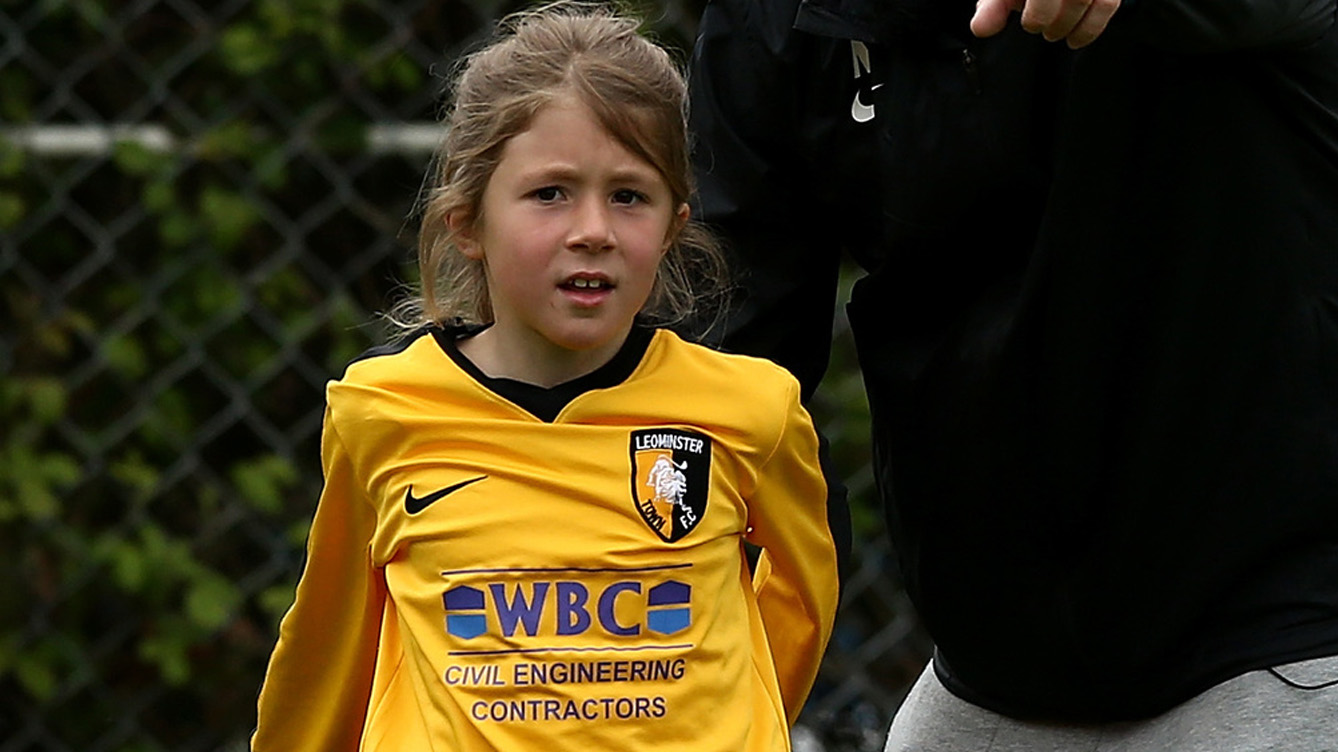
Why is psychological development important?
- The Boot Room
- 01 October 2018
Growing up is hard: you’re in the process of developing self-esteem, motivation and emotional control. Then we throw football into the mix.
Whilst sport has many psychological benefits, it also has its own demands (e.g. decision-making and concentration). This means that young players have a lot to deal with.As a Foundation Phase coach, you need to prepare for tears, triumph and tantrums – to name a few. Helping your players to manage these situations will aid their development. This is because a person's psychological traits influence their ability to deal with experiences, both good and bad.
Providing this type of support may feel daunting, but it has a simple starting point. When communicating with your team, make sure that you're kind, caring, understanding and patient. Try to:
- identify any challenges
- be empathetic
- manage difficult situations effectively.
Your aim is to help your players to recognise and regulate their emotions. This will prepare them for the demands of both football and everyday life. To find out more, scroll down now.
Step one: players aged 5-8
Any player who makes it to 'the top’ will have demonstrated incredible resilience, confidence and commitment to learning. Whilst few children will become professional footballers, it’s important to recognise that this type of psychological strength is something we all need – and supporting its development is a key aim of the Foundation Phase.
At this age, we want every child to:
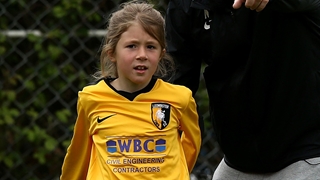
1.
Develop robust self esteem.
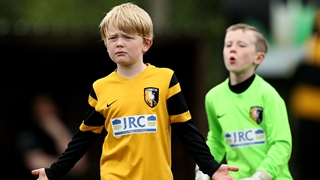
2.
Maintain good emotional control.
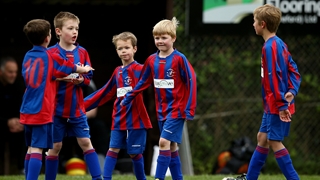
3.
Make their own decisions.
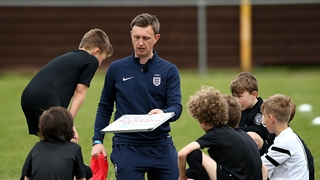
4.
Become independent problem solvers.
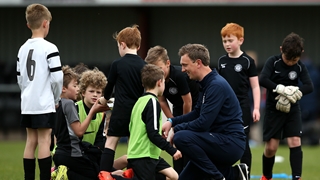
5.
Build a life-long love of learning.
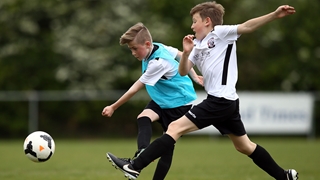
6.
Have the motivation to practise and improve.
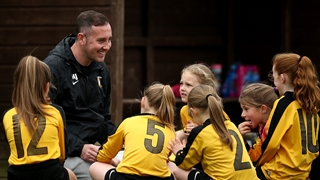
7.
Adopt a 'growth mind-set'. This is the belief that you can develop your abilities through dedication and hard work.
It's important to remember that, as your team gets older, these '5-8' aims don't just disappear; you should continue to work towards them throughout the Foundation Phase.
Step two: players aged 9-12As your team progress, it’s essential to provide them with opportunity for more 'ownership' and choice. We want older players to be able to make their own decisions – and for these decisions to be based on good tactical understanding.
At this age, we want every child to:
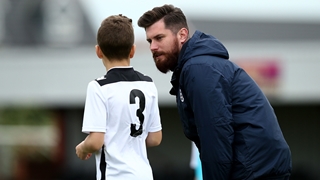
8.
Handle more complex information.
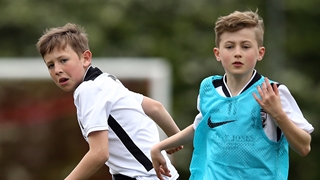
9.
Understand the link between actions and outcomes.
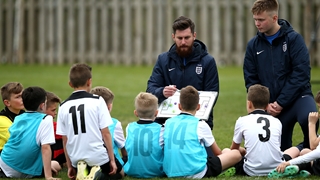
10.
Begin to plan and reflect (to improve personal performance).
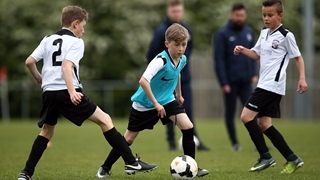
11.
Develop personal responsibility and independence – both on and off the pitch.
- Next steps Want to know how to support your players' psychological development? Click here.






